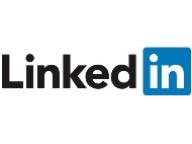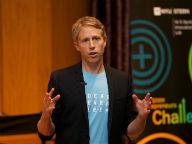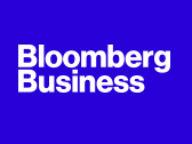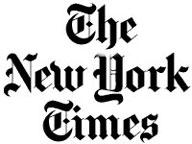Faculty News
—
Prof. Scott Galloway weighs in on e-commerce website Jet
—

Excerpt from The Washington Post -- "Scott Galloway, a professor who teaches marketing and branding at New York University’s Stern School of Business, said he is skeptical that Jet’s pure e-commerce model can result in a viable business. 'I think [Jet] is a retailer designed by a consultant that makes sense in theory and has trouble in execution,' Galloway said."
Faculty News
—

Excerpt from The Washington Post -- "Scott Galloway, a professor who teaches marketing and branding at New York University’s Stern School of Business, said he is skeptical that Jet’s pure e-commerce model can result in a viable business. 'I think [Jet] is a retailer designed by a consultant that makes sense in theory and has trouble in execution,' Galloway said."




















